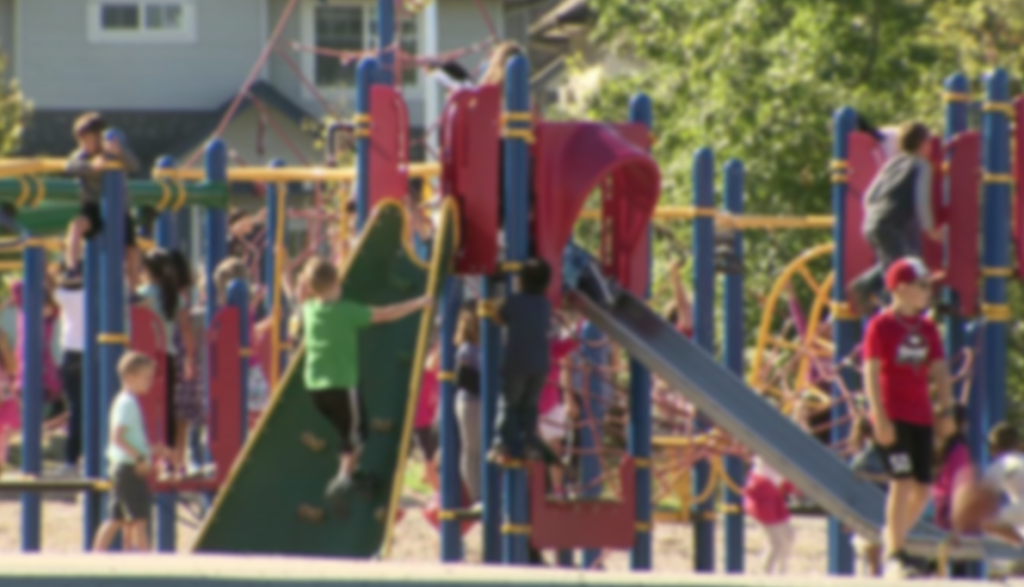Children’s report outlines rise in food insecurity, other threats

More children are facing food insecurity, as well as several other threats in Canada, according to a new report.
Children First Canada is out with its latest top 10 threats to Canadian kids, with its most recent report showing the number of kids experiencing food insecurity has risen by almost a third since 2022.
“Child poverty rates have increased sharply,” the report explains, noting 15.6 per cent of children up to the age of 17 live in low-income households.
Advertisement
Citing data from the Census Family Low Income Measure, After Tax, Children First Canada says that percentage represents more than 1.1 million children from coast to coast to coast, and the increase marks a 13.5 per cent rise from 2020.
Researchers say about 60 per cent of low-income families report feeling “very concerned” about being able to provide daily needs, as the cost of essentials like housing and food continue to rise.
“Approximately 1.8 million children under the age of 18 were affected by food insecurity in 2022, a marked increase from the 1.4 million in 2021,” the report adds.
Related video: Study shows impacts of food insecurity on youth mental health
In addition to food insecurity and poverty, the organization says incidents of depression, racism, abuse, and bullying have also increased.
Advertisement
“Evidence shows that Indigenous youth, adolescents from low socioeconomic status, and sexually and gender-diverse youth are more often the target of identity-based bullying,” Children First Canada says.
This is the sixth Raising Canada report published by Children First Canada. The organization says this year marks the first time the report “incorporates primary research with youth and those that care for them.”
“This last year kids have experienced unprecedented challenges due to the ‘tripledemic’ of RSV, Influenza and COVID-19, and they continue to bear the brunt of the pandemic with significant impacts to their mental and physical health,” said Sara Austin, founder and CEO of Children First Canada.
“There is a persistent myth that Canada is one of the best places in the world to raise kids, but the facts show otherwise.”
Related articles:
-
As communities struggle with food insecurity, study shows impacts on youth mental health
-
More Canadians facing food insecurity since 2020: Statistics Canada
-
B.C. kids struggle with hunger; calls grow for national school food program
Children First Canada notes the country has actually dropped significantly on the Global Kids Rights Index since 2022, from 48th to 81st out of 193 countries.
Advertisement
It also cites a “scathing report” after a review by the United Nations Committee on the Rights of the Child in 2022, which outlined Canada’s failures to “protect the rights of children or to demonstrate tangible progress on recommendations issued in preview reviews.”
In addition to the aforementioned threats, Children First Canada has also cited unintentional preventable injuries, vaccine-preventable illnesses, infant mortality, limited physical activity and play, and climate change as other areas of concern.
Children First Canada is calling for action to address concerns, urging the government to establish a Federal Commissioner for Children and Youth, as well as a national strategy to focus on the health and well-being of the country’s kids.
It is also pushing for more investment through a multi-year “Catalytic Investment Fund for Children” and a “Children’s Budget,” as well as more support for child rights education.